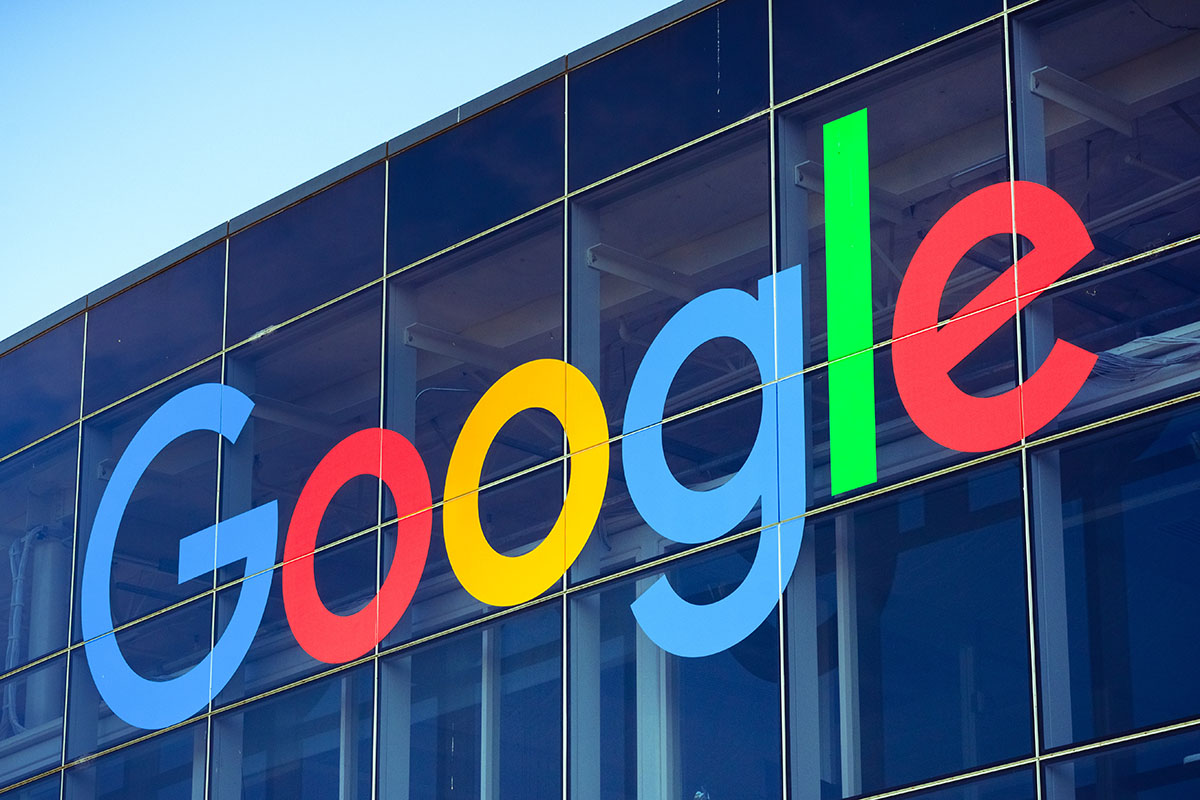A group advocating “neutral search,” including more than 40 online travel and tour companies, drafted a letter to the European Commission blasting Google’s recent search changes as designed to create conflict between online travel companies and suppliers, and to generate political backlash against the Digital Markets Act.
Earlier this week, Google began a “short test” in three European countries that produces travel search results with no Google Maps, and just the old-school “10 blue links.”
Skift obtained the Initiative for Neutral Search’s draft letter responding to those changes. The letter, addressed to the EC”s DMA Enforcement Team, is being circulated among the group’s roughly 150 members for input on language changes.
The cross-industry group consists mainly of vertical search engines — in travel think online travel agencies and metasearch firms — and some 30 travel companies plus the 16-member EU Travel Tech (Airbnb, Booking.com, Expedia etc.) are members of the Neutral Search group.
The letter states that Google is trying to foster a deeper divide between vertical search engines (online travel agencies) and suppliers (hotels and airlines).
Google stated earlier this week that search changes it initiated in March bring more traffic to online travel agencies and metasearch companies, but hotels and airlines have suffered.
The Neutral Search group, which is opposed to the way Google directs traffic to its own businesses, said Google’s old-school solutions in response to the DMA’s competition edicts, damage the customer experience, and aim to build political opposition to the DMA.
The group argued that instead of Google creating reasonable solutions to benefit users and level the playing field, Google is running outrageous tests in trying to redirect the blame for issues that it has actually created.
The European Commission began an investigation of Google’s alleged non-compliance with the DMA in March. The Neutral Search organization called on the EC to release the results of its preliminary findings and to rigorously enforced the DMA.
Google declined to comment on the main points of the Initiative for Neutral Search’s draft letter. Accor and Lufthansa did not respond to requests for comment.
Trivago CEO’s Take
Separately, Trivago CEO Johannes Thomas told Skift that he found Google’s comments this week on proposed changes to Google search “irritating.”
In March, Google created dedicated units to display and give more prominence to online travel company offerings. However, a Google Map and links to Google’s own Google Travel portal are featured much higher on the page.
“Google claims that intermediaries have benefited from these changes, but I am not aware of a single intermediary that has welcomed them,” Thomas said. “We have experienced a substantial double-digit headwind from their changes.”
He said if neither online travel companies nor hotels and airlines view Google’s changes as positive, this calls into question who benefits from them and whether they “truly create value.”
“Their gatekeeping tactics stifle innovation as small-and medium-sized businesses struggle to compete and don’t get a fair chance to do so,” Thomas said. “Despite the Digital Markets Act, Google has increased the visibility of its hotel product and, in our view, is still not complying with the law in the EU.”
Backlash Against the DMA
Antitrust expert Timothée Giard wrote on LinkedIn Thursday about Google’s 10 blue links test. He called the quality of these search results horrifying, and argued that Google is trying to polarize the debate.
Giard noted that some hotels are concerned that Google’s changes give more visibility to online travel agencies like Booking.com, and push hotel search results further down the page.
“If confirmed, this means less choice for European consumers, less direct bookings for hotels, more advertising revenue for Google and more commissions paid to Booking.com and other online intermediaries,” Giard wrote.
Daniel Freidlaender, writing for the Disruptive Competition Project, said the DMA imperils the digital economy if it mandates changes to the way consumers and businesses interact online.
“Certain companies are trying to weaponise the DMA, to politicise it further and use it in ways not foreseen or intended – such as pushing for excessive compliance solutions that help them or harm competitors,” Friedlaender wrote. “Some of these firms, often not the ones Europe would choose publicly to support, are pressuring EU institutions to mandate changes that would degrade services, drive up costs, and harm consumers and access seekers alike.”

